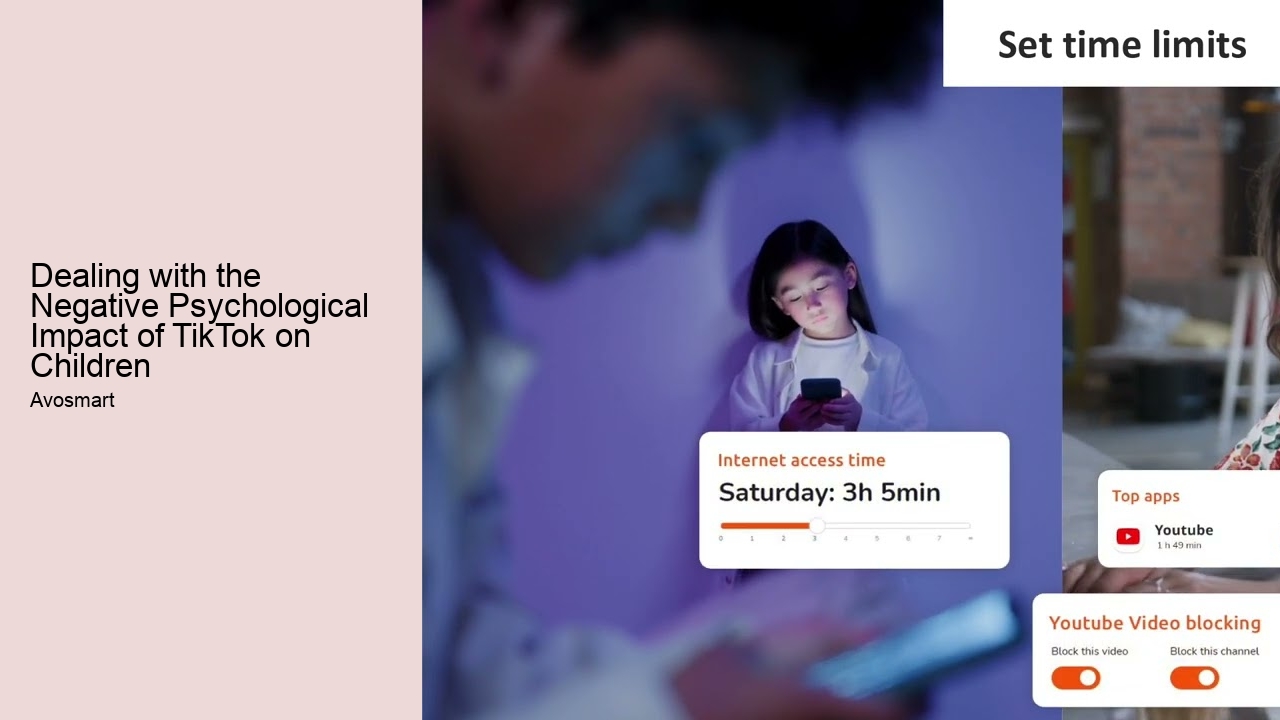
Understanding the Potential Harmful Effects of TikTok on Children's Mental Health
Dealing with the Negative Psychological Impact of TikTok on Children
Maximizing children's enjoyment and involvement through contests and prizes on TikTok can be achieved by creating engaging and interactive challenges that cater to their interests. By offering attractive prizes, such as toys or gadgets, children are motivated to participate and showcase their creativity. It is important to ensure that the contests are age-appropriate and promote positive values. Encouraging parental supervision and involvement can also enhance the child's experience and ensure their safety. Additionally, providing clear guidelines and rules for the contests can help maintain fairness and transparency. Overall, this approach can create a fun and inclusive environment for children on TikTok.
TikTok - Parental Control

